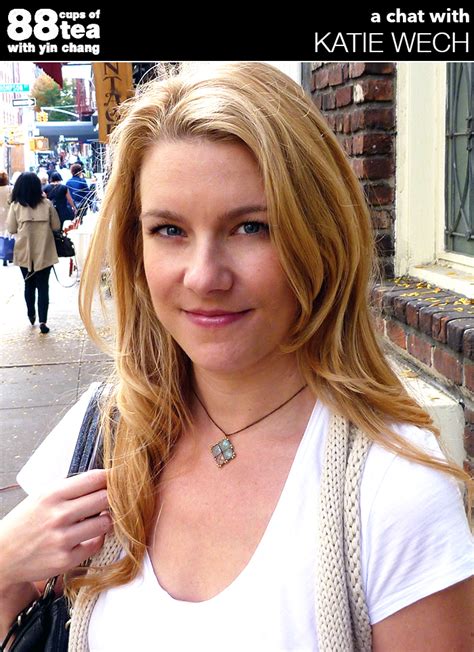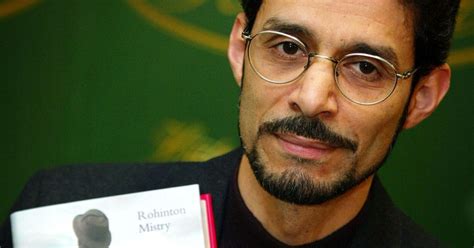A Quote by Tao Lin
I don't view my memory as accurate or static - and, in autobiographical fiction, my focus is still on creating an effect, not on documenting reality - so 'autobiographical,' to me, is closer in meaning to 'fiction' than 'autobiography.'
Related Quotes
Autobiographical writings, essays, interviews, various other things... All the non-fiction prose I wanted to keep, that was the idea behind this collected volume, which came out about few years ago. I didn't think of Winter Journal, for example, as an autobiography, or a memoir. What it is is a literary work, composed of autobiographical fragments, but trying to attain, I hope, the effect of music.
to look back on one's life is to experience the capriciousness of memory. ... the past is not static. It can be relived only in memory, and memory is a device for forgetting as well as remembering. It, too, is not immutable. It rediscovers, reinvents, reorganizes. Like a passage of prose it can be revised and repunctuated. To that extent, every autobiography is a work of fiction and every work of fiction an autobiography.
I have very rarely written autobiographical stuff. "Greasy Lake" and some other works have some autobiographical elements, as does "Birnam Wood," the one I chose to end [this collection] with. I lived in that house and some of my feelings are expressed in it, but it's not autobiography. It was not me and that didn't happen exactly that way.





































